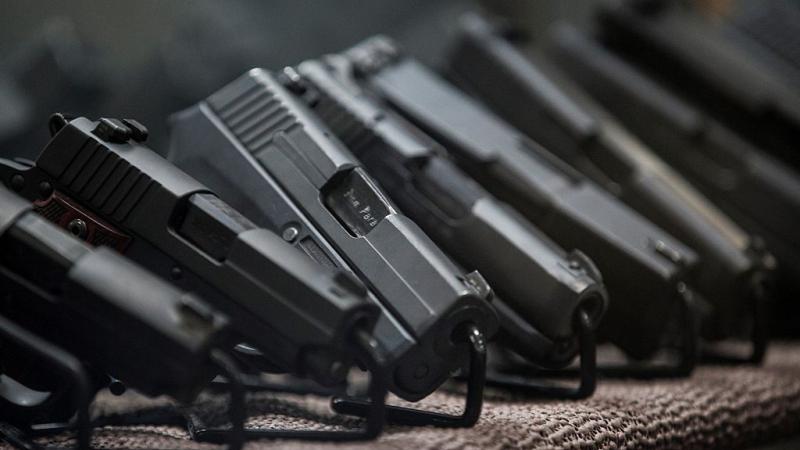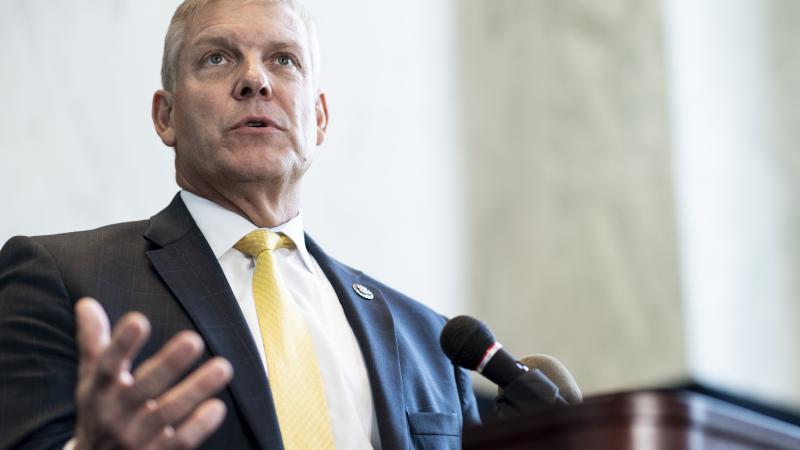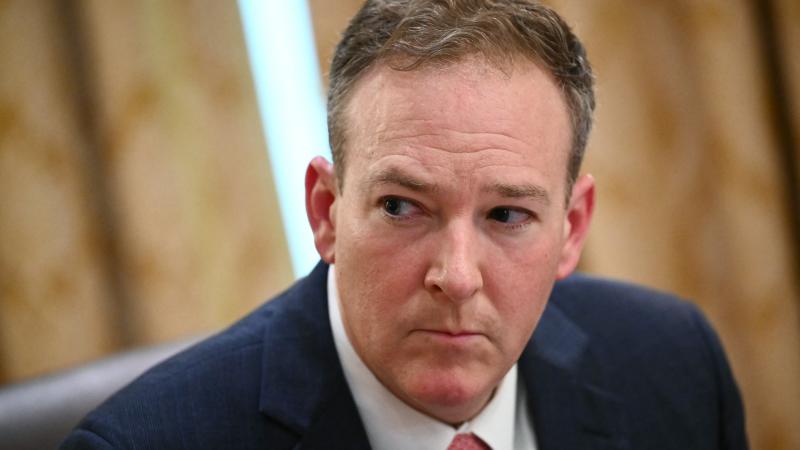Amid rail crime spike, Los Angeles deploys 'transit ambassadors'
"LA should consider a complete overhaul of this system. Close it down, clean it up, provide better security and beg people who have transportation options to give it another try. Otherwise, it's really nothing other than an extended shelter for the homeless which I assume is not
"LA should consider a complete overhaul of this system. Close it down, clean it up, provide better security and beg people who have transportation options to give it another try. Otherwise, it's really nothing other than an extended shelter for the homeless which I assume is not its intended purpose," wrote "Dennis D" on March 6, 2023 on Tripadvisor in a review of LA Metro trains.
Other recent reviews didn't hold out much hope. Riders described an overwhelming stench, encounters with mentally unstable individuals, avoidance of human waste, trash, open drug and alcohol use, aggressive behavior towards passengers and indecent exposure.
Many commuters reviewing LA Metro this year commented that they would not return to the trains. The Los Angeles County Metropolitan Transportation Authority knew things had to improve. On March 6, the first 300 transit ambassadors were deployed. Their goal is to "play a critical role in making our system feel welcoming for all and in bringing back ridership."
It's a tall order when the transportation authority recognizes that rape, assault, robbery and murder have risen by 24% in the last two years. The number of people who died riding the LA Metro has already reached 21 for 2023.
The Transit Ambassador Pilot Program was approved last summer to "provide a dedicated staff of diverse, specially trained individuals to offer in-person support to Metro Bus and Rail riders."
Ambassadors will ride in pairs on the Metro system from 5:00 a.m. to 9:00 p.m. during the week and from 8:00 a.m. to 8:00 p.m. on weekends. They'll help customers find their bus or train, connect the homeless to appropriate services, assist with fare payments and greet riders. The transit ambassadors will work with community-based crisis management teams and be equipped with cell phones and radios to quickly contact appropriate Metro staff for assistance and report issues of safety and cleanliness. Transit ambassadors are not security forces and are unarmed.
The program is estimated to cost $123 million over five years, i.e., around $24.6 million per year, with $95 million going to RMI International Inc. and around $28 million going to Strive Well-Being Inc. for recruitment, screening and training of ambassadors in cultural and situational awareness, unconscious bias training, disability awareness, customer service, trauma-informed response, and other personal and public safety courses.
The pilot program looked at the Bay Area Rapid Transit in San Francisco (BART), and Southeastern Pennsylvania Transportation Authority's (SEPTA) transit system to model the customer support program.













